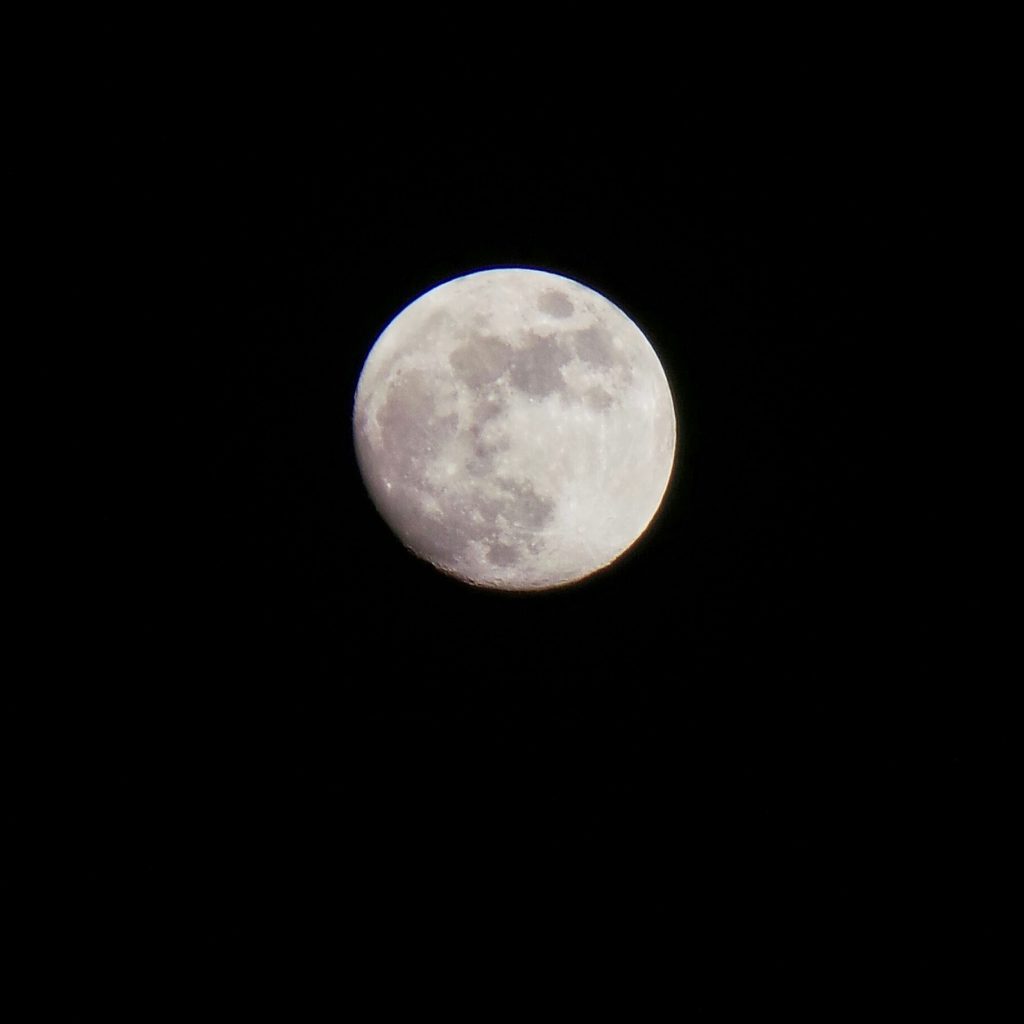Juroku-nichi-sai is New Year’s Day for the ancestors. It’s the 16th day of the new year, the day after the first full moon in the moon calendar or lunar calendar. According to this calendar, New Year’s Day in 2017 was on the 28th of January.
In the Yaeyama islands the moon calendar is still used for traditional festivals, agriculture and fishery.
Traditional festival & life after death
In Okinawa and the Yaeyama islands, Juroku-nichi-sai is an important traditional festival. The family goes to their ancestor(s) grave where they pray, eat and drink. Sometimes a traditional music instrument is played, the sanshin, or even sing karaoke.
China en Taiwan celebrate this day in a similar way. The interesting thing about this, is that juroku-nichi-sai isn’t celebrated in the rest of Japan. Only in Okinawa. Life after death is important here and ancestors stay part of the family. Many other traditional festivals are celebrated with and for the ancestors. Obon is an example of a large ancestor festival. During this festival the ancestors ‘temporarily return’ to celebrate and party together with their family.
Sending money to ancestors and party at graves
Especially for this day, supermarkets sell incense, flowers, platters with food and piles of gold coloured papers. These golden papers represent money which the ancestor needs for the new year. To send this ‘money’ to the ancestors, the family burns the piles of papers. Families party and eat together at the grave. Traditionally the food, such as taro (a kind of potato), carrot, tofu, fish tempura, kombu, mochi (rice cake) and kamboko (fish cake), is prepared before and beautifully presented in a Jubako. A lacquerware box, that is used on special occasions. Every food item has a meaning.
